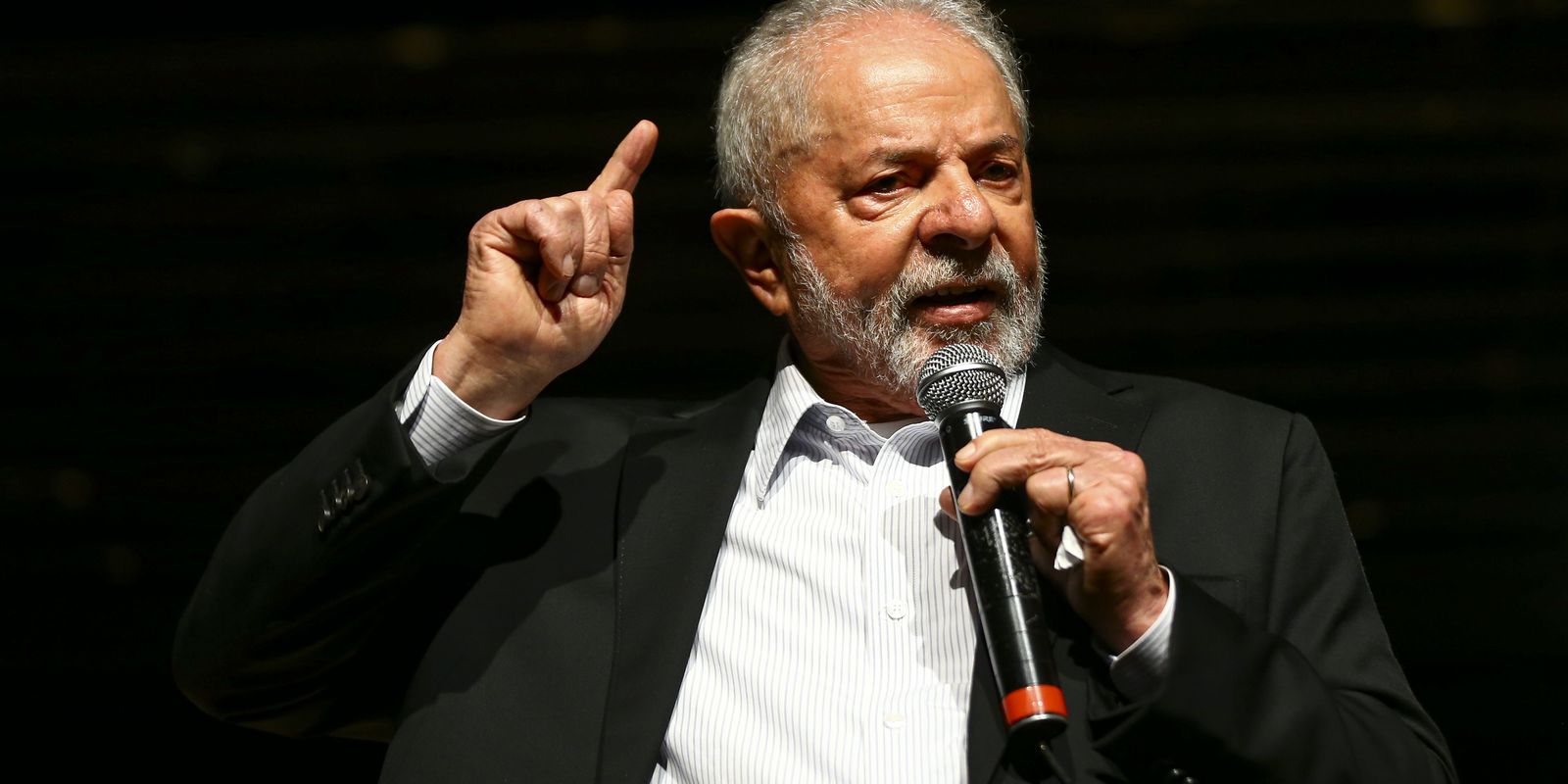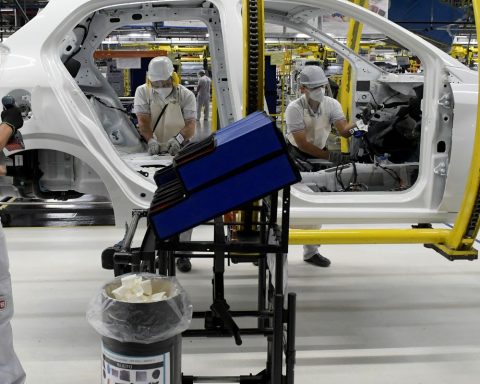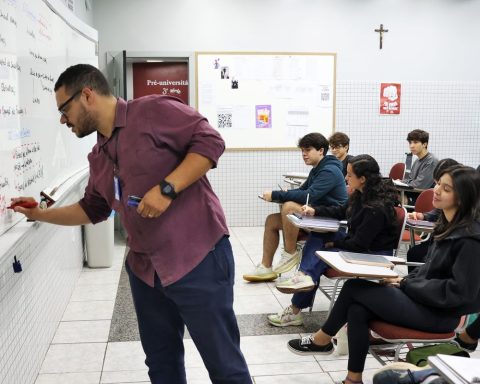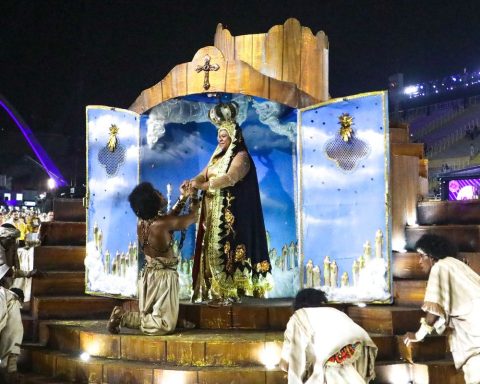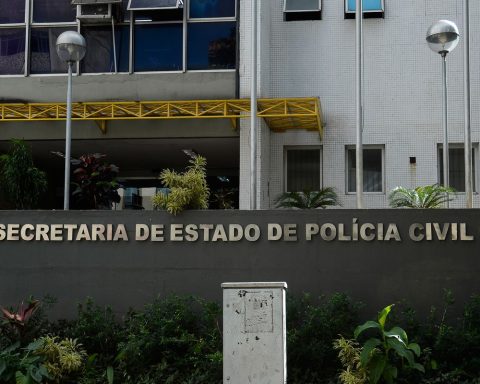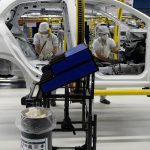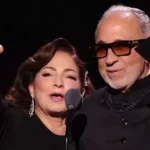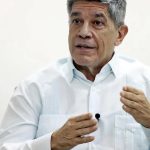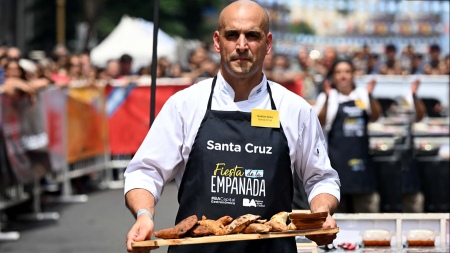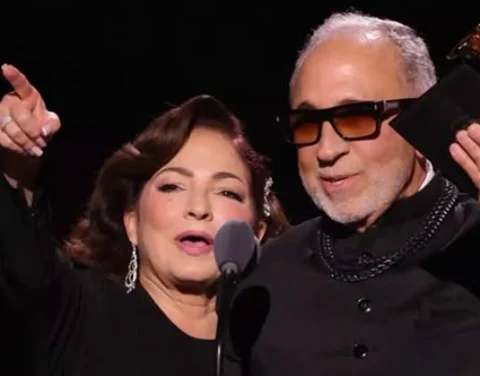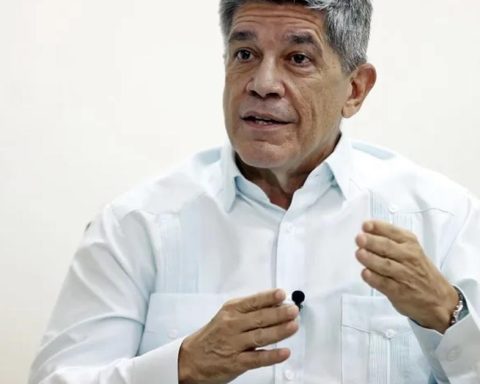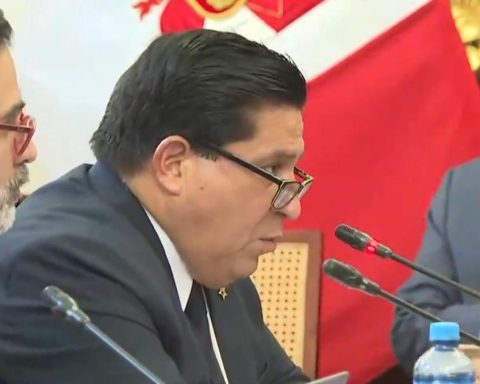On the eve of traveling abroad as president-elect, Luiz Inácio Lula da Silva underwent, today (12), a series of tests at Hospital Sírio-Libanês, in the city of São Paulo.
In a statement, the hospital reported that Lula underwent a routine clinical evaluation, carried out by professionals from different medical specialties. The results of the imaging tests (echocardiogram, angiotomography and a tomography, or PET Scan) demonstrate the “complete remission of the tumor” in the larynx that, in 2011, forced Lula to undergo a treatment which included chemotherapy sessions.
Since then, the PT periodically submit to a battery of tests to monitor their health status.
Another exam (nasofibroscopy) carried out today to assess the state of the PT candidate’s nasal mucosa, larynx and pharynx showed “inflammatory changes resulting from vocal effort and a small area of leukoplakia in the larynx”. In an interview with Brazil Agencythe oncologist Artur Katz, who has been treating Lula since 2011 and followed the exams carried out today, guaranteed that the small lesion identified does not pose any risk to the health of the president-elect.
“Leukoplakia is a verrucous lesion in areas of mucosa that commonly occurs in the mouth. It is often the result of some form of chronic irritation – and this irritation process can sometimes be very old. Eventually, these lesions need to be followed up and eventually removed with very simple procedures. The important thing is not to confuse these lesions with tumors”, commented Katz. “It’s an extraordinarily small, superficial injury that doesn’t concern us.”
Lula travels this week to India, where he will participate in the United Nations Conference on Climate Change (COP 27). The expectation is that, upon leaving Sharm El Sheikh, where the main political and business leaders are discussing with representatives of organized civil society and scientists ways to contain planetary warming and mitigate its consequences, Lula will visit Portugal, where he will meet with the Prime Minister. Portuguese minister, António Costa, and with President Marcelo Rebelo de Sousa.
